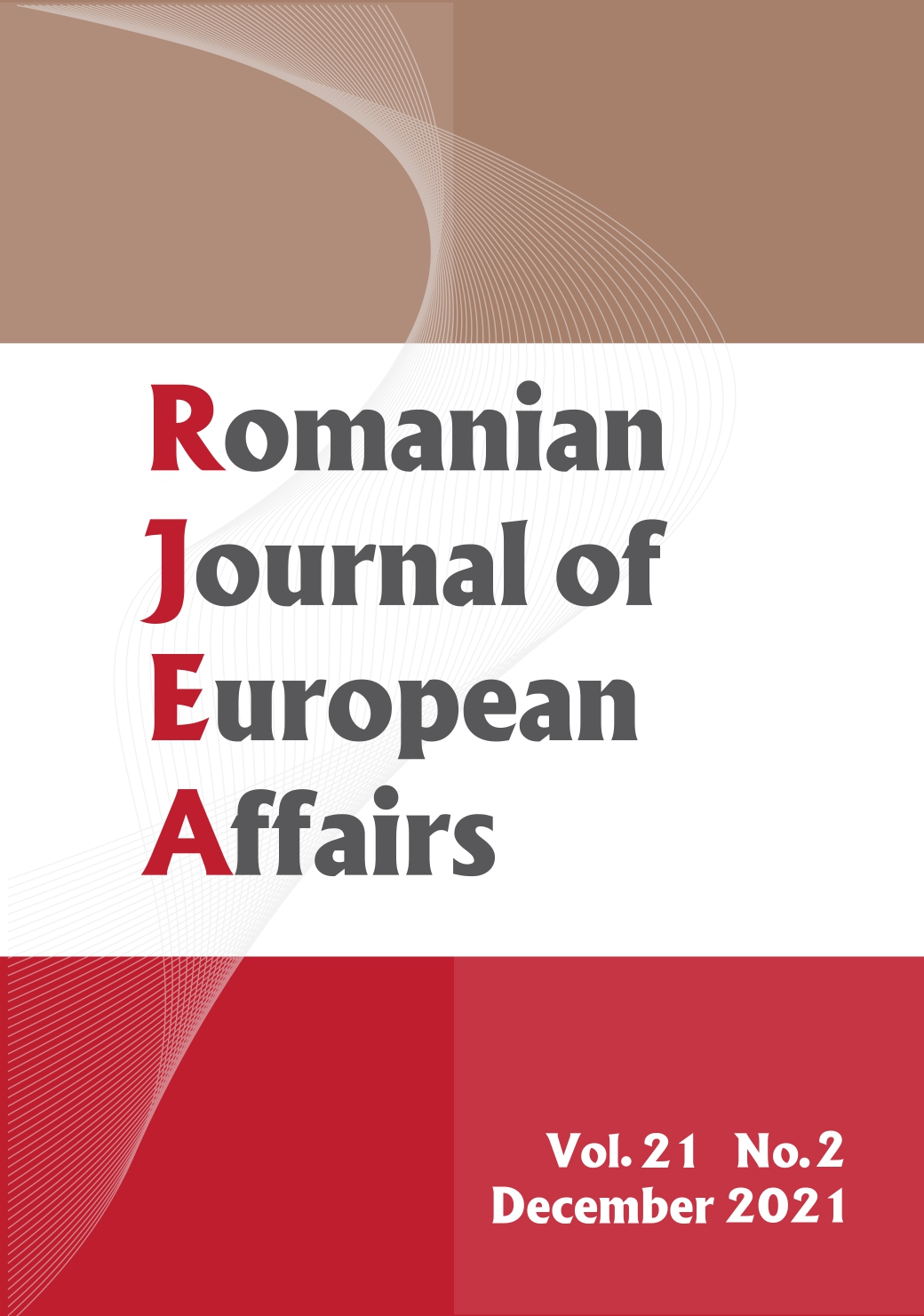The Implementation of the European Pillar of Social Rights (EPSR) in the Post-Pandemic Era
The Implementation of the European Pillar of Social Rights (EPSR) in the Post-Pandemic Era
Author(s): Laura Gómez UrquijoSubject(s): Politics / Political Sciences, Politics, Public Administration, Geopolitics
Published by: Institutul European din România
Keywords: Social rights; European Union; economic governance; social cohesion;
Summary/Abstract: The European Pillar of Social Rights (EPSR) was to be implemented in a growth and stability period, once the financial crisis was overcome. However, an unexpected and bigger social and economic crisis has developed with the COVID-19 pandemic. The lack of employment opportunities, the precarious working conditions and the intensification of vulnerabilities predict that this crisis will be more harmful to European cohesion than its predecessor. In response to these challenges, the EU institutions have proposed extraordinary funding instruments and have transformed the former economic governance rules aiming at improving employment and growth, environment, but also of the resilience of a more inclusive and fairer society. Our research question refers to how this context can affect the implementation of the European Pillar and Social Rights. To answer this question, first, we will review the instruments provided in the EPSR for its implementation. Second, we will consider how this implementation is conditioned by the transformation of the economic governance rules from the 2008 crisis to the current crisis. Third, we will examine the Action Plan for the implementation of the European Pillar of Social Rights launched during the European Council Porto Summit.
Journal: Romanian Journal of European Affairs
- Issue Year: 21/2021
- Issue No: 2
- Page Range: 85-94
- Page Count: 10
- Language: English

